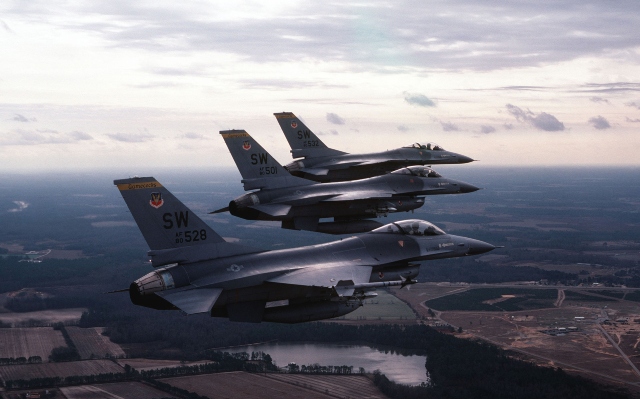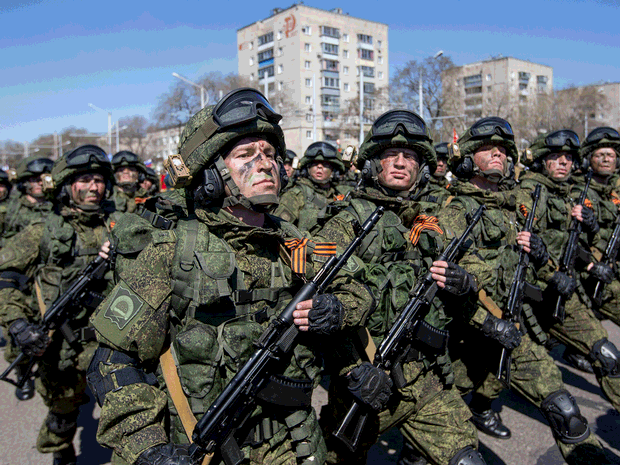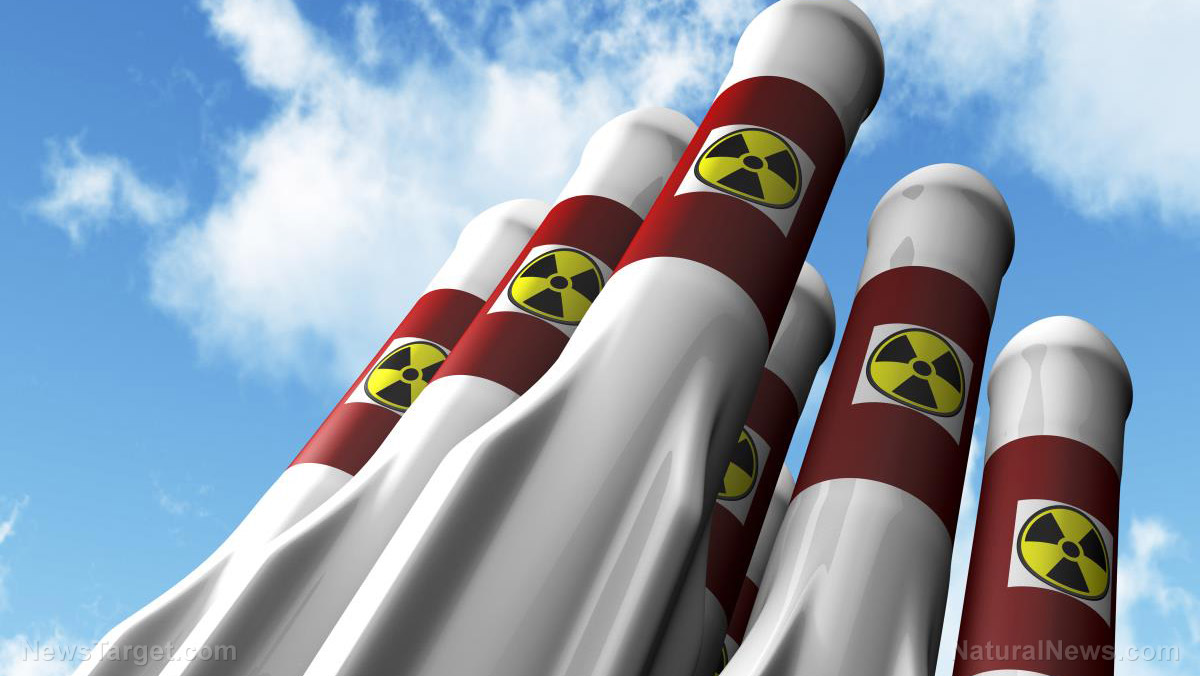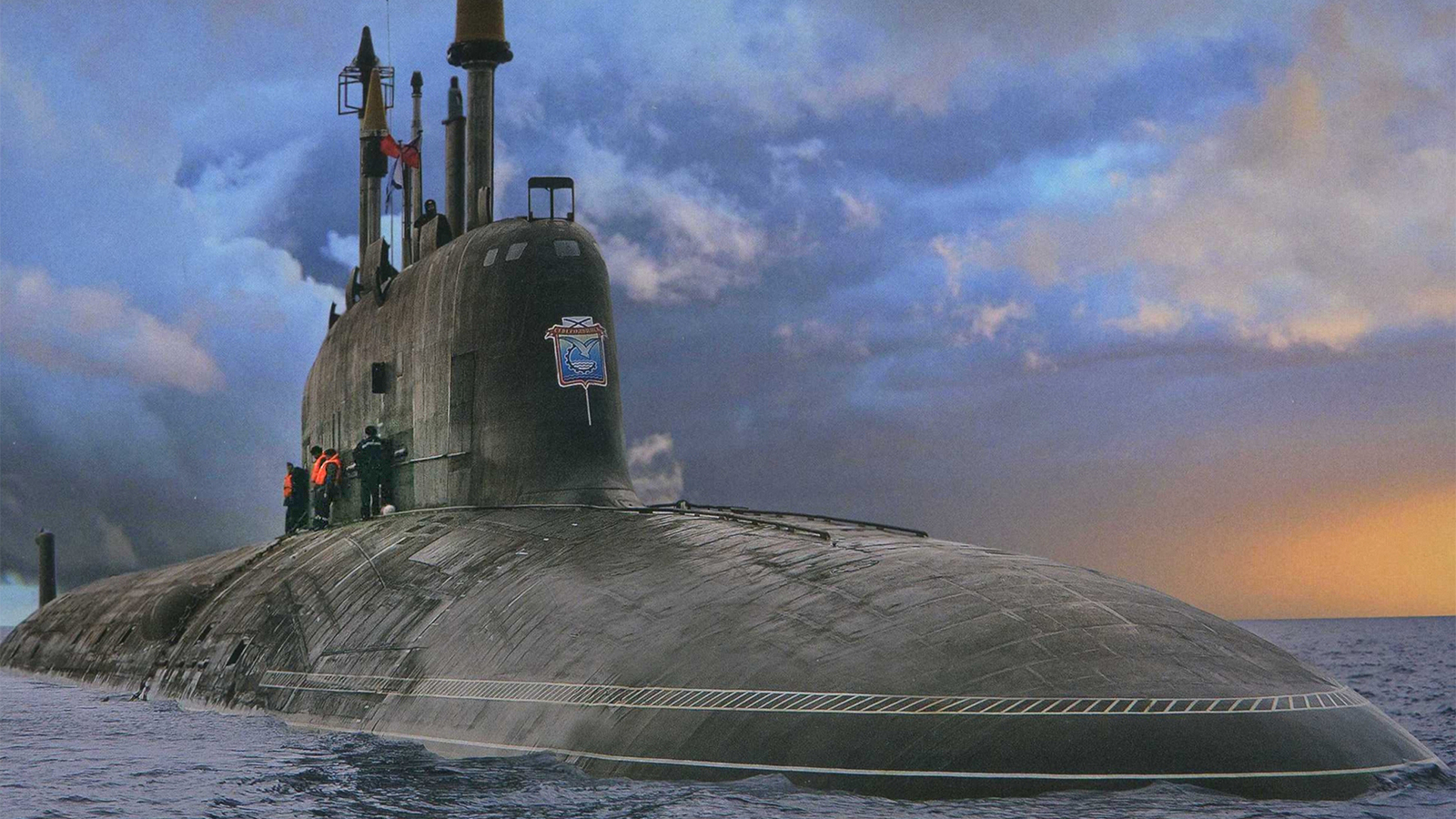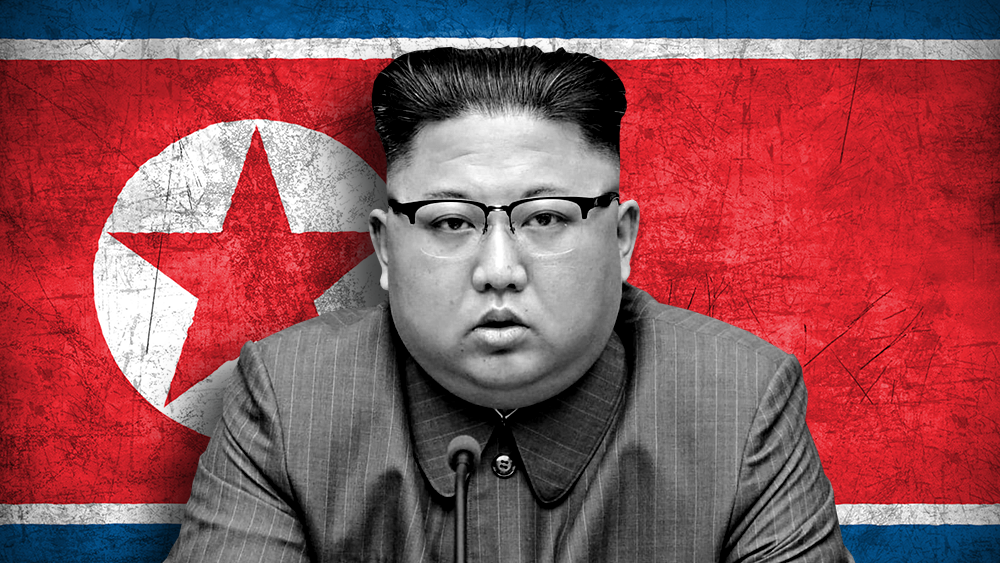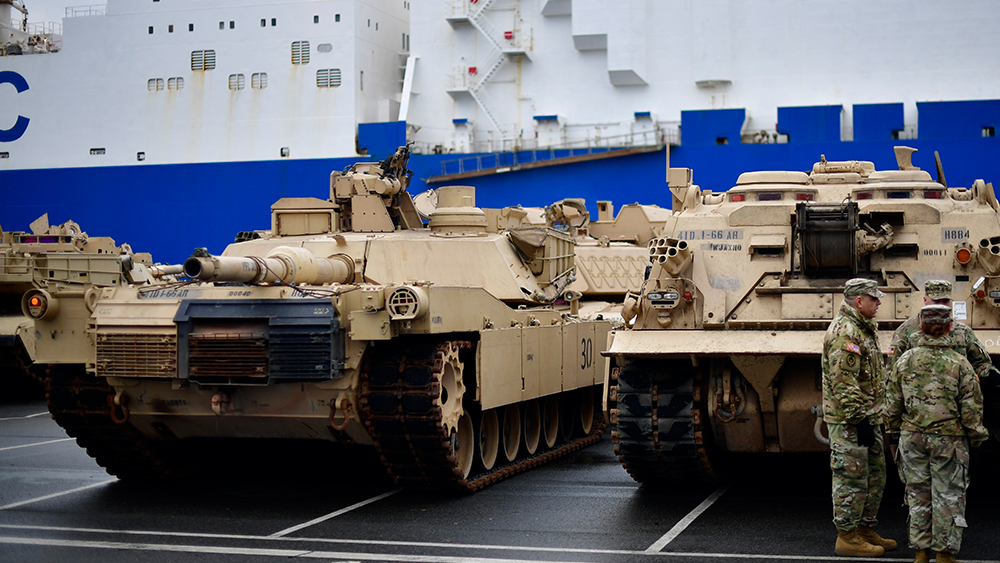REPORT: Ukraine abducts wounded Russian soldiers using giant drones with pincers
08/25/2023 / By Richard Brown

Ukraine has been abducting wounded Russian troops from the battlefield using giant drones equipped with pincers, according to Chechen fighters under the command of Ramzan Kadyrov.
Russian media quoted a member of the Akhmat battalion labeling the drones as “Baba Yaga” – an ogress or witch from Slavic folklore who snatches and eats children. He said “Baba Yaga” has massive claws capable of carrying troops off into the sky.
“Such large drones, only slightly more modernized, have previously been used by the enemy in order to steal our wounded. The drone is equipped with special devices that look like claws, with which it captures a person who is not able to run away, hide or fight [the drone] off,” the soldier was quoted as saying.
He said these drones hunt for prey at night and can only be destroyed by a flame thrower or grenade launcher.
The report could not be independently confirmed.
Ukraine has been using drones to evacuate wounded soldiers from the battlefield. The Economist reported that Ukraine has deployed large drones that can carry 397-pound weights for up to 43 miles — the first country to do so.
It is not clear how many times Ukraine has used drones to transport injured troops, or in what parts of the country it has done so. The use of drones to transport injured soldiers is one example of how Ukraine is using new technologies that could ultimately benefit other armies, according to the report.
Drones have become an important tool in modern warfare
Drones are equipped with advanced cameras and sensors that provide real-time, high-resolution aerial imagery. They are mostly used for surveillance in areas and terrains where troops are unable to safely go.
The images produced by drones can be used to find survivors and identify the deceased and see if the target of an offensive campaign was achieved. Drones are also be used to identify enemy positions, mark a location to be bombed, or even change its position in case an attack fails. They can also be used to launch missiles against fixed targets.
Drones can act as decoys in combat and be used to drop leaflets for psychological operations. They can be used to carry supplies and equipment to troops in the field and search for and locate missing or injured soldiers.
And finally, drones can be used as weapons.
They can carry aircraft ordnance such as missiles, anti-tank guided missiles (ATGMs) and/or bombs in hardpoints for drone strikes. They are usually under real-time human control, with varying levels of autonomy.
Drones can also be missiles. Known as suicide or killer drones, they are designed to fly into a target and explode on impact. (Related: Japan to use KAMIKAZE drones to defend remote territories.)
The U.S. military has a great deal of knowledge of the architecture, design and application of unmanned aerial vehicle (UAV) technology, thanks to a decade of intensive operational work with drones. The U.S. conducted the first drone strike in Afghanistan in 2001.
Many other countries, including Russia, China, the U.K., Iran, Israel, Saudi Arabia, Turkey, India and the U.A.E., maintain armed drones in their arsenals.
Visit WWIII.news for more news about the ongoing Russia-Ukraine war.
Watch this video showing the aftermath of Ukrainian drone attacks in Russia.
This video is from the High Hopes channel on Brighteon.com.
More related stories:
Russian authorities threaten NUCLEAR REVENGE after drones explode over Putin’s residence.
Iran finally admits it is supplying Russia with combat drones.
Ukrainian drones conduct explosive attacks on Russian power stations.
DOUBLE AGENT? China supplies drones to both Ukraine and Russia.
Submit a correction >>
Tagged Under:
aerial imagery, Akhmat battalion, ATGM, Baba Yaga, big government, chaos, Chechen fighters, drones, future science, future tech, giant drones, innovations, inventions, kamikaze drones, killer drones, military tech, national security, Ramzan Kadyrov, Russia, suicide dronnes, UAV, Ukraine, weapons technology, World War III
This article may contain statements that reflect the opinion of the author
RECENT NEWS & ARTICLES
COPYRIGHT © 2018 MILITARYTECH.NEWS
All content posted on this site is protected under Free Speech. MilitaryTech.news is not responsible for content written by contributing authors. The information on this site is provided for educational and entertainment purposes only. It is not intended as a substitute for professional advice of any kind. MilitaryTech.news assumes no responsibility for the use or misuse of this material. All trademarks, registered trademarks and service marks mentioned on this site are the property of their respective owners.

